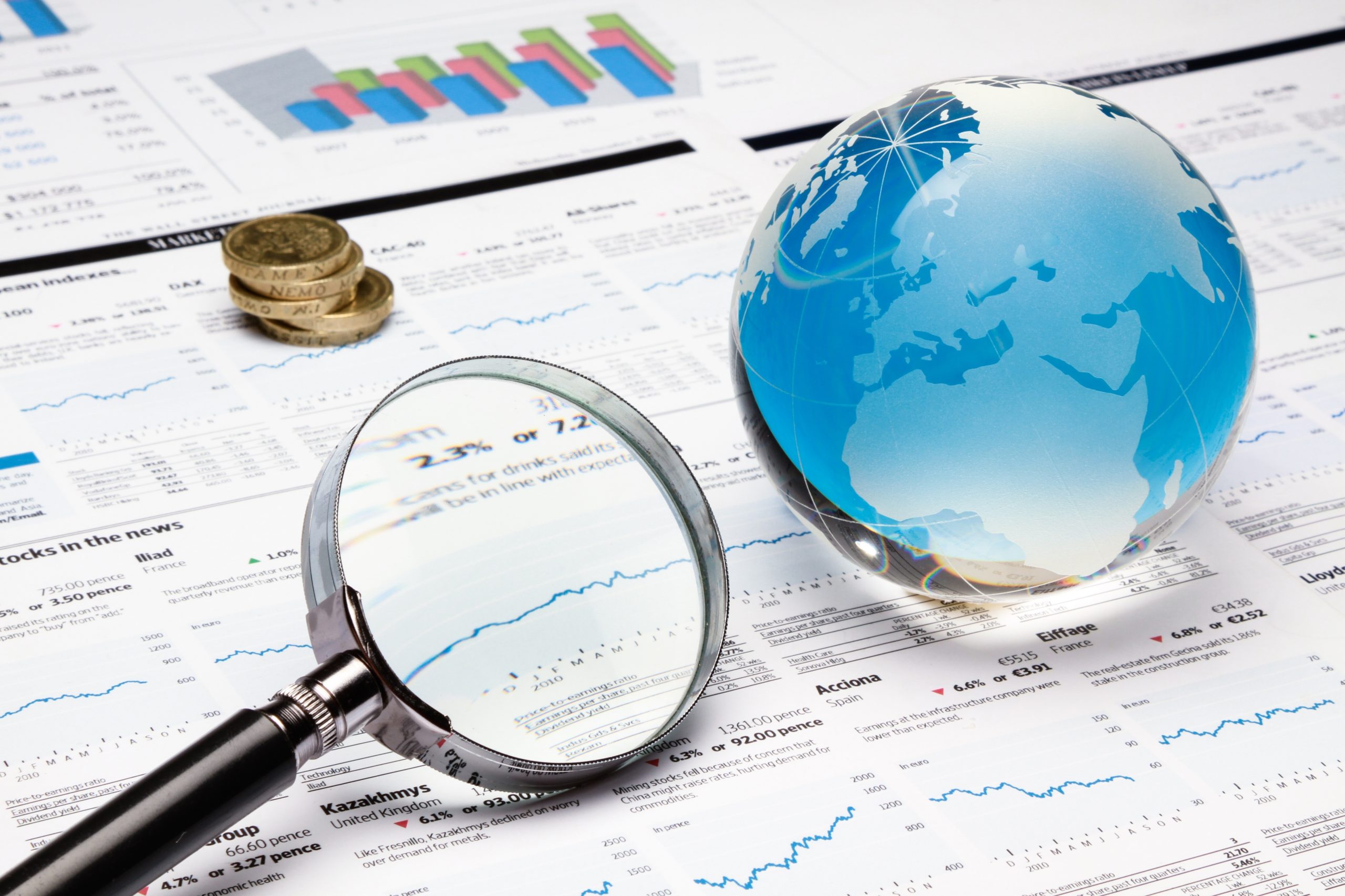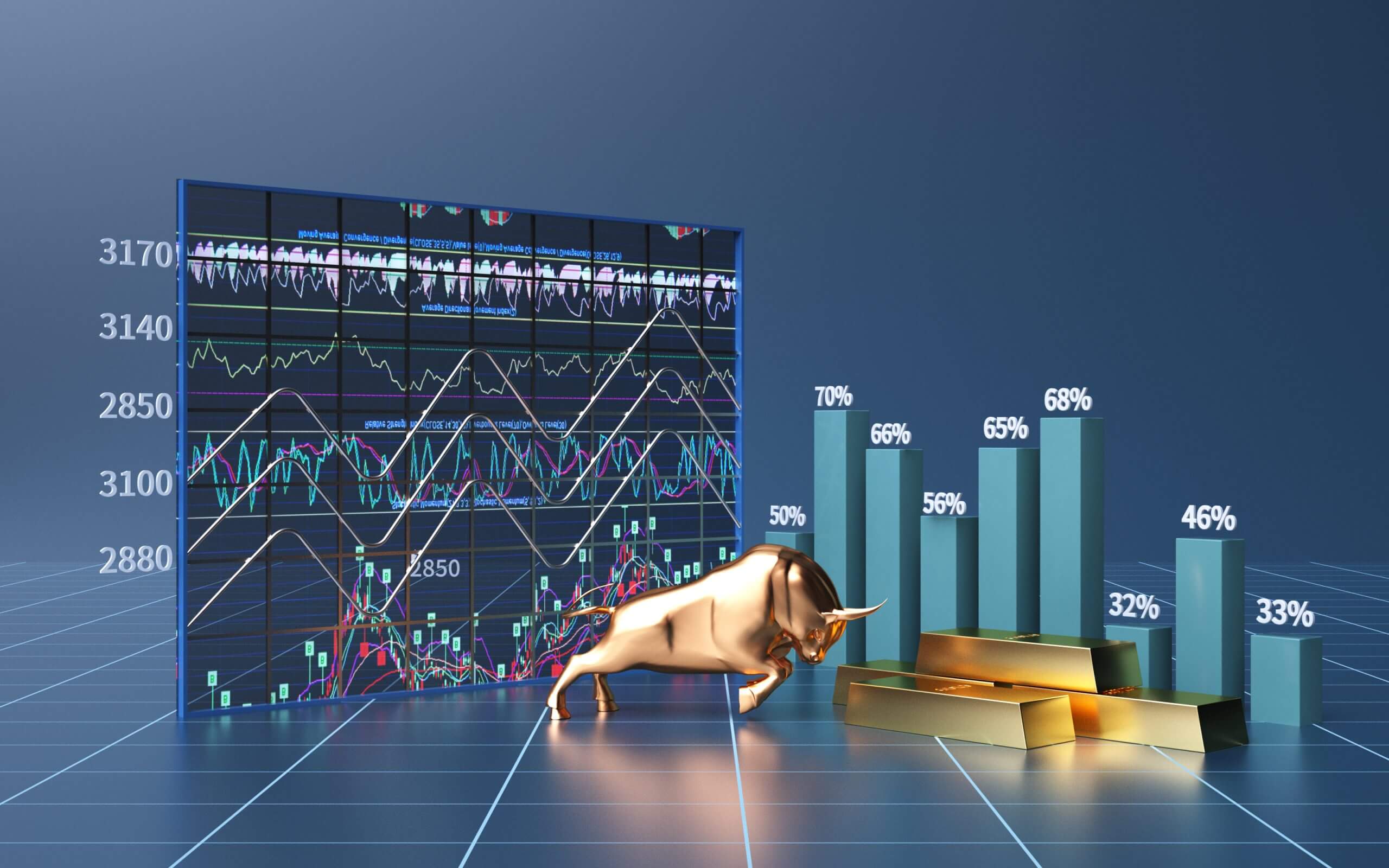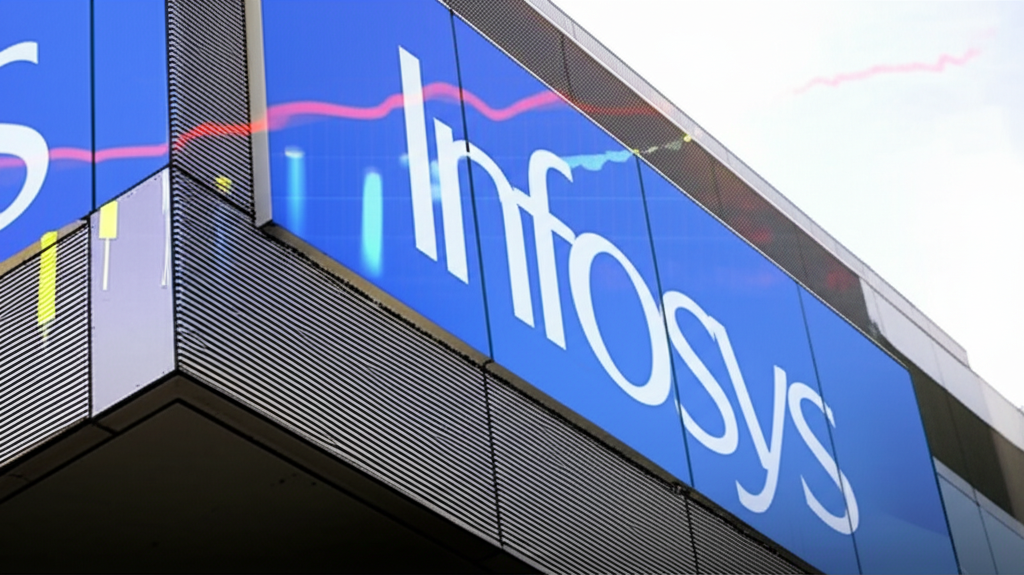Australian shares have crashed to their lowest seven-month closing level, with rising fears about the U.S. economy affecting them. The Asia-wide sell-off in the stock markets, triggered by Wall Street’s poor showing, triggered widespread market jitters and left the S&P/ASX 200 index to close 0.9% lower at 7,890.10 on March 11. This followed fears that the world’s biggest economy would be pushed into a recession by U.S. President Donald Trump’s protectionist tariff policies.
A Turbulent Day for the Australian Stock Market
The S&P/ASX 200 index, which measures the performance of the top 200 stocks listed on the Australian Stock Exchange, reached its lowest level since mid-August 2024. The index had dropped as much as 1.8% in the trading session, a far cry from its record high of 7,890.10 points. The Australian market is now about 8.4% below its record high set only a month ago, on February 14, 2024.
What concerned investors the most was the spike in market volatility, which pushed the relative strength index (RSI) to multi-month lows since June 2022. The RSI, a popular technical measure to determine market momentum, is well within oversold levels, indicating heightened bearish sentiment from traders. Moreover, the volatility index, a gauge of investor fear, reached a four-month high, supporting the view that market players are preparing for more volatility.
1. Wall Street’s Impact on World Markets
The performance of the Australian share market was also significantly impacted by the stunning losses on Wall Street. The U.S. major stock indices took a sharp hit, with the S&P 500 declining 2.7%, and the Nasdaq plunging 4%, its largest single-day percentage drop since September 2022. Investors were sharply affected by remarks from President Trump, who declined to make categorical statements on the likelihood of a U.S. recession amid increasing uncertainty about his tariff policy.
The anxiety of an impending economic slowdown was fueled by Trump’s comments that the U.S. economy was in a “period of transition.” Although he did not categorically say that the nation was going into a recession, his comments created uncertainty about the direction of the economy and the success of his policies. Traditionally, tariff conflicts have caused interruptions in international trade and supply chains, which have generated uncertainty in financial markets globally.
2. Financial Sector Under Siege
The financial sector in Australia was hardest hit by the sell-off in the market, with stocks of major lenders like the Commonwealth Bank of Australia and Macquarie Group falling sharply. The sub-sector of financials dropped 0.7%, a five-month low, and extending its six-day losing run. This was a particularly dire turn of events, as bank stocks are normally regarded as a barometer for the rest of the economy. When financial stocks underperform, it signals investor concerns about the stability of the economic environment.
Mathan Somasundaram, Deep Data Analytics CEO, offered his take on the banking industry, saying, “They are very costly and have the greatest risk to recession cycles.” Due to the exposure of the banking industry to economic downturns, particularly with increasing defaults and tightening credit markets, most analysts foresee sustained weakness in these shares.
3. Technology and Healthcare Sectors Fall
Apart from the banking industry, the technology and healthcare industries also witnessed significant falls. Technology shares, which were a major contributor to the Australian market’s growth, dropped by 4%, their lowest close since mid-August 2024. This decline is in line with general global market sentiment, with tech firms being hit hard by the prospect of slowing consumer spending and investment in technology.
Meanwhile, healthcare stocks fell 1.8%, their lowest in 11 months. Even if considered a historically defensive industry, healthcare stocks were not spared the general market correction. The decline in these stocks is credited to a mix of reasons, ranging from the general market attitude and fear about the future growth potentials of healthcare firms.
4. The Mining and Gold Sectors: A Mixed Bag
The mining industry, which is a considerable proportion of the Australian economy, also recorded losses during the day, with its shares down by 0.6%. The decline in mining shares is partly due to softer commodity prices and increasing doubts over global economic growth. The gold shares, which are usually regarded as a haven in times of economic uncertainty, declined by 3.8%. Even though they have historically been popular in times of market decline, even gold stocks were weighed down by increasing fears of a global recession.
Effect of U.S. Tariff Policies on International Trade
The tariff policies of U.S. President Donald Trump have been a major source of contention in international trade relations for some time. The intensifying trade war between the U.S. and other large economies has increased fears regarding the long-term stability of international supply chains and trade flows. The imposition of new tariffs on Chinese imports and other actions indicates that the U.S. government is willing to be firm on trade at the cost of short-term economic growth.
For nations such as Australia, which rely significantly on exports, most notably to China and other Asian nations, the effects of these policies are pronounced. Being one of the globe’s largest raw material exporters, such as coal, iron ore, and natural gas, Australia’s economic well-being is inextricably linked to international demand for these commodities. Should the world economy slow or should trade relations tighten, Australian exporters would be in serious trouble.
The Recession Jitters: A Closer Examination
Jitters about a U.S. recession have been fueled by the words and deeds of President Trump and his government. Although the U.S. economy has fared quite well in recent times, the possibility of a recession hangs over the horizon because of several factors, not least of which is the likely effect of tariffs on consumer costs and international trade. As tariffs raise the price of foreign products, American consumers could find themselves paying more for their day-to-day staples, decreasing consumer spending. That would place pressure on companies, especially those that rely on international supply chains.
Additionally, increased tariffs would be able to cause supply chain disruption across the world, resulting in inefficiencies and increased costs for businesses globally. Businesses with operations in several nations, including Australia, would find it harder to acquire raw materials and parts at competitive prices, damaging profit margins and growth opportunities.
Looking Ahead: Australian Market Outlook
With the Australian share market coming under downward pressure because of these global conditions, investors are preparing themselves for a season of uncertainty. Though the Australian market has generally proven to be robust, rising apprehensions regarding a recession in the United States and ongoing after-effects of the trade war can exert a huge weight on the performance of the market in the near future. Market participants will keep close watch on developments in U.S. trade policy, and also the effects of tariffs on exports from Australia.
For investors seeking to ride out these uncertain times, diversification and prudence will be the watchwords. While some sectors, like mining and banking, have come under stress, others, like renewable energy and technology, can potentially provide growth opportunities. Australian investors will also consider hedging their portfolios against the dangers of a possible recession by expanding their holdings in defensive sectors like utilities and healthcare.
Conclusion
The recent decline in the Australian stock market is a reflection of the increasing fears of a U.S. recession and the wider implications of President Trump’s tariff policies. As the market struggles with these uncertainties, the banking, technology, and healthcare sectors have been the hardest hit by the sell-off. Investors will have to remain on their toes as global trade tensions, economic growth concerns, and policy shifts continue to influence market sentiment.
In such testing times, grasping the underlying economic and geopolitical forces will be crucial in dealing with the Australian stock market. Although the prognosis is unsure, there are always chances for clever investors to benefit from market inefficiencies and tap into growth despite adverse market situations. With effective risk management measures intact, the Australian market shall recover but perhaps at a slow pace for the global economy to stabilize and offer investors a clearer direction.















0 Comments